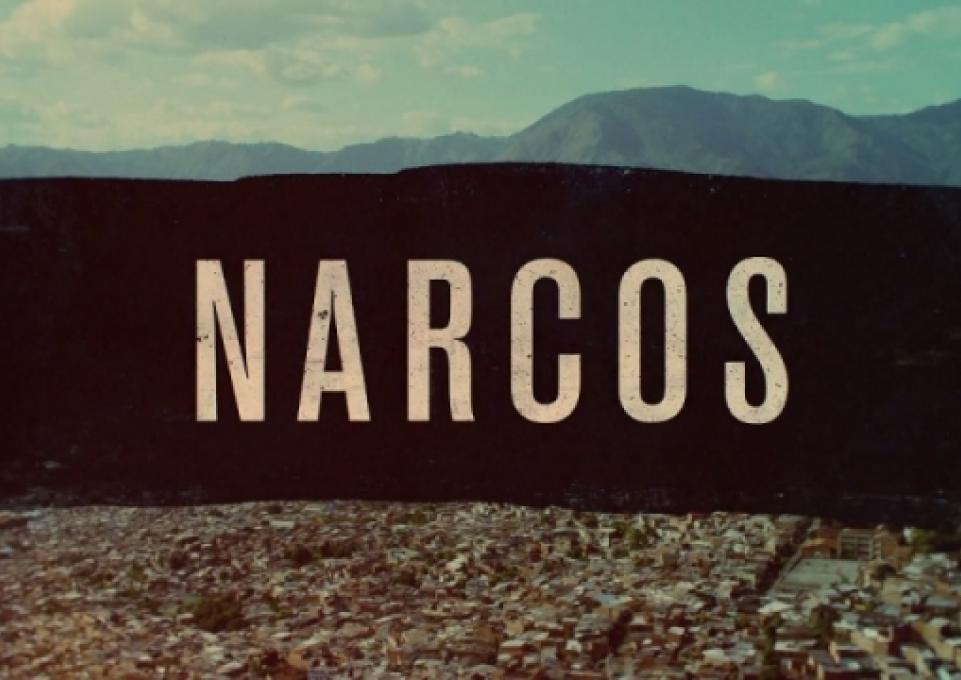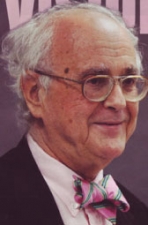
To many of today’s college students, terrorism seemed to begin on September 11, 2001, with the attack on the World Trade Center in New York City. But terrorism—generally defined as the use of violence against noncombatants to achieve political goals—has long, tangled roots. In course about the history of terrorism, students learn how modern terrorism evolved through the twentieth century.
 The History and Social Studies Education course, HIS 389, is taught by Albert Michaels (left), professor, and York Norman, associate professor. It includes a film series that augments classroom and online lectures and discussions. “We wanted students to understand terrorism’s impact on modern history,” said Michaels. “And I’m more and more convinced that traditional models of teaching aren’t effective for today’s students. I was involved with an earlier film series about income inequality, and York has experience with online courses. So we combined them to create a year-long course that’s, at least in part, an experiment in educational delivery.”
The History and Social Studies Education course, HIS 389, is taught by Albert Michaels (left), professor, and York Norman, associate professor. It includes a film series that augments classroom and online lectures and discussions. “We wanted students to understand terrorism’s impact on modern history,” said Michaels. “And I’m more and more convinced that traditional models of teaching aren’t effective for today’s students. I was involved with an earlier film series about income inequality, and York has experience with online courses. So we combined them to create a year-long course that’s, at least in part, an experiment in educational delivery.”
Michaels also wanted to invite Western New Yorkers to participate. Michaels, who joined Buffalo State’s faculty in 2009 after teaching at the University at Buffalo for more than 40 years, is deeply committed to Buffalo. “My family has been here since the 1840s,” he said. “I love Buffalo, and I value the close connection between Buffalo State and the city. I hope that by inviting the public, I can help strengthen that connection. We have more community members join us every week, and they tell me how impressed they are with the questions and insights our students present.”
Most Thursdays during the spring 2016 semester, the class has been meeting in the Burchfield Penney Arts Center's Peter and Elizabeth C. Tower Auditorium to see a film about an aspect of terrorism, including narcoterrorism. A panel, usually Buffalo State faculty, provides context to the audience. Afterward, the panel leads the discussion, which sometimes becomes very vigorous. “We’ve had to insist that people leave so we could lock up the Burchfield,” said Michaels.
The remaining films this semester are:
Narcos (2015), directed by José Padilha, on Thursday, April 21
El Infiero (2010), directed by Luis Estrada, on Thursday, April 28
No Country for Old Men (2007), directed by Ethan and Joel Cohen, on Thursday, May 5
Each presentation, which is free and open to the public, starts at 6:30 p.m.
Michaels, who turned to a career in higher education after he realized he hated law school, first studied Latin America. His wide-ranging interests have broadened his research areas, and he has explored in depth the subjects that interest him. The titles of his courses—the Kennedy assassination, Kissinger and the uses of history, the cold war— reflect some of those interests. He has also written about local history, local architecture, and Western New York art from the 1870 to 1950.
“My interest in many different things keeps me going,” Michaels said. “I’m always working, and I love what I’m doing. And I do more now than when I was younger because I have more time.”
